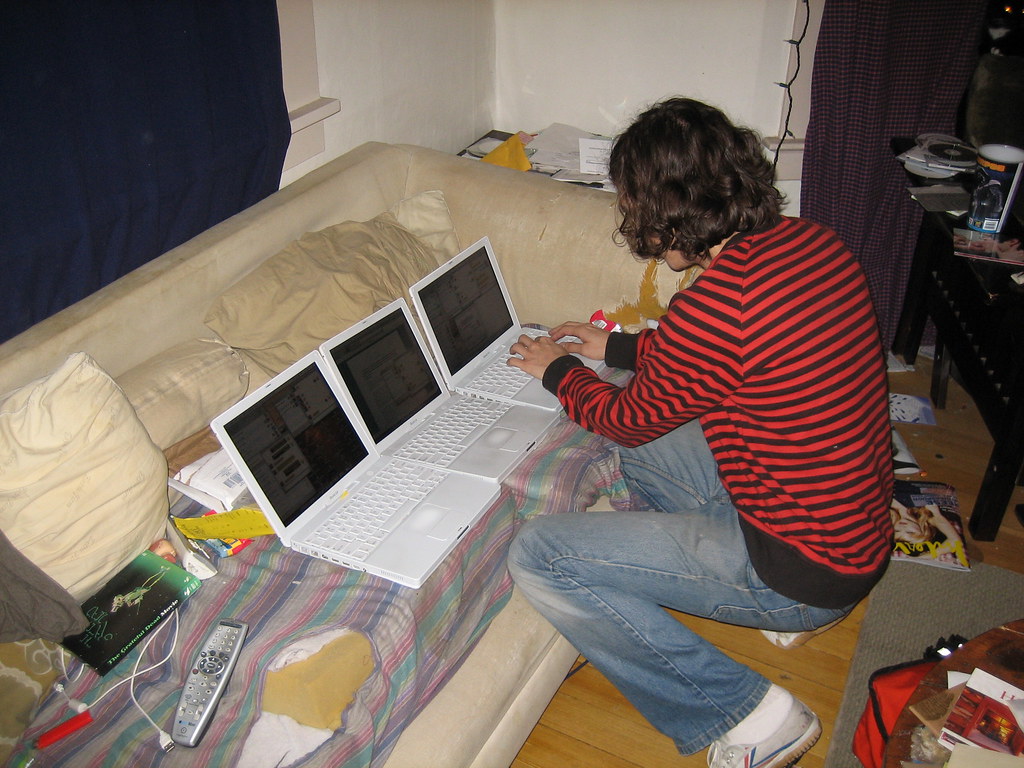In this day and age of total technological connectedness working from home seems like a no-brainer. There is email that we check every passing second, the smartphone that can reach us anywhere anytime, and increasingly sophisticated tools that allow sharing any kind of elegantly structured and totally chaotic data across every imaginable divide.
Yet, telecommuting remains rare, and remote projects remain hard. Outsourcing, in its more typical implementations, fails spectacularly and often. Organizations’ worst performers are often found among those “working from home”. (Best performers work from home, too, but that’s a different blog post.)
Overall, distributed groups face higher challenges and more risks on the way to becoming strong, coherent teams. Remote contributors must strive harder to successfully work together with others, compared to the regular folks who show up to the office every day.
For a team to be successful, members must share a vision, a flow, sense of connectedness that allows to think and make decisions together while maintaining unique perspectives.People on successful, productive teams interact many times a day to maintain working relationships. These interactions can be small or profound, like a quick ‘hello’ in a hallway or a heated discussion over lunch. More importantly, such exchanges are typically informal, unscheduled, and “just happen” – and they are absolutely essential to keeping the team in great shape.
Successful distributed teams have the technological means to have these interactions, too – but the opportunities do not ‘present themselves’. When other team members are not within eyesight, it takes conscious, deliberate effort to think pick up the phone, start up an IM conversation, or send an email. It is even harder to regularly take the time to share a joke, a story, something that’s not immediately essential for the work at hand, but serves a more long-term purpose of maintaining team spirit.
People who work remotely regularly and with great success, have made these kinds of intentional “extra” interactions part of their regular routine. The same way mature teams, organizations and their members produce high-quality results, mature distributed teams, organizations and their members make sure to stay connected and engage in lots of team interactions.
The maturity and effort required for a productive, successful remote working relationship may or may not be visible to a typical regular office worker Joe, who is having grand visions of working from home in his or hers pajamas.
The maturity and effort required for a productive, successful remote working relationship may or may not be visible to a typical regular office worker Joe, who is having grand visions of working from home in his or hers pajamas.
 |  |  |
